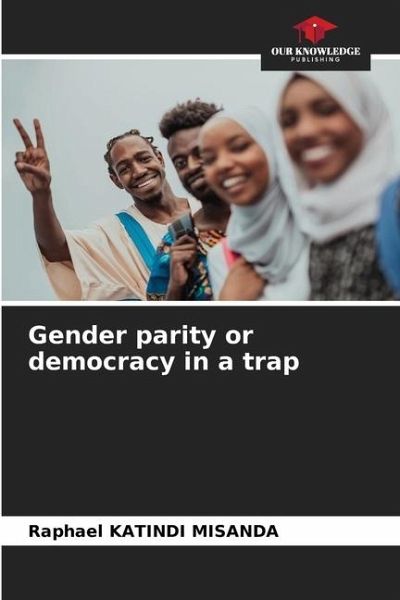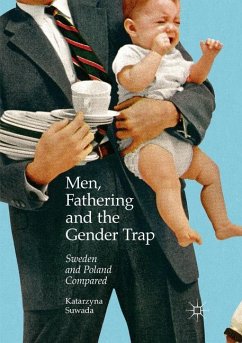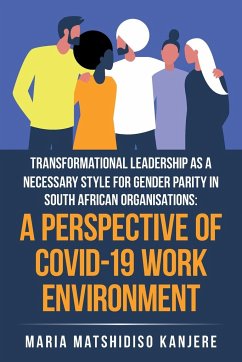
Gender parity or democracy in a trap
Versandkostenfrei!
Versandfertig in 6-10 Tagen
30,99 €
inkl. MwSt.

PAYBACK Punkte
15 °P sammeln!
This book is a welcome addition to the abundant literature on positive masculinity, the aim of which is to campaign for the revalorization of women. The author outlines the history of the feminist movements that won some of the fundamental rights that women have been deprived of since the dawn of time. These include the right to education, to work, to vote... The definition of the concept of "parity" has led to the notion of equality, with the corollary of emancipation. Emancipation is approached from different angles: economic, political, social and cultural. The implementation of women's rig...
This book is a welcome addition to the abundant literature on positive masculinity, the aim of which is to campaign for the revalorization of women. The author outlines the history of the feminist movements that won some of the fundamental rights that women have been deprived of since the dawn of time. These include the right to education, to work, to vote... The definition of the concept of "parity" has led to the notion of equality, with the corollary of emancipation. Emancipation is approached from different angles: economic, political, social and cultural. The implementation of women's rights led us to take a closer look at the various successive regimes in the Democratic Republic of Congo: that of Joseph DESIRE MOBUTU, Laurent DESIRE KABILA and Joseph KABILA KABANGE. Despite their emancipation, women are still called upon to play their natural roles in the home: as helpers, mothers, housewives, educators, trainers and agents of development. The author concludes by proposing strategies that can be applied to establish responsible parity between men and women.














